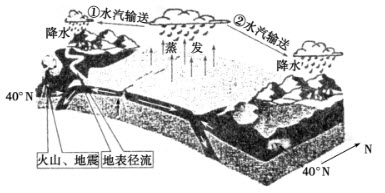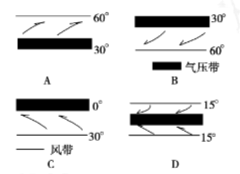The rat is named Lola and she’s at the top of her class of risk-running animals being trained to smell out landmines (地雷) in Colombia, home to the world’s highest number of mine-related deaths and injuries last year. Of the victims, many are children who died in the accidents while walking to school or playing in the countryside.
The smartest rat among the first six that the government is teaching to locate landmines equipment planted by rebels(叛乱者) has a 90 percent success rate in locating landmines material in her lab training.
Police animal trainers, tired of seeing their landmines-smelling dogs blown up by stepping on mines, hope the white-furred, pink-eyed creature will lead her classmates through coming open field tests and then into the country mine fields before the end of the year. It takes about 400 grams of pressure to detonate (引爆) a mine while Lola only weighs about 220 grams. “The dogs can easily set off the landmines, sometimes killing people nearby,” they said.
Police animal trainer Jose Pineda says that rats have more sensitive noses than dogs, which should allow them to better smell out mines in difficult terrain (地形).
Plus, it takes the police about six months to train mine-smelling dogs. Training the rats is expected to take about half that time once the program is established.
Trainers think that they are much smarter than the dogs. The second-best scorer in the laboratory is Lucrecia, with an 83 percent success rate. Males, such as one named Runcho, have fallen behind until now but may do better in the coming field tests. Pineda said that the next step of training will present new challenges to the rats as they are sure to meet distractions (分心的事) in the open.
小题1:What do the underlined words “the accidents” in the first paragraph mean?
A.Children were shot while playing outside.
B.A buried landmine was walked on and set off.
C.A rebel blew up a landmine and killed children.
D.Children got hurt in traffic accidents on the way to school.小题2:Which of the following is NOT a reason why rats are chosen to find buried landmines?
A.They have a good sense of smell.
B.They are too light to set off buried landmines.
C.They can smell all kinds of explosive materials.
D.They cost people less time in terms of training小题3:What can we learn from the last paragraph?
A.Rats will perform as well in the open air as in the lab.
B.Until now, female rats are better than the male ones.
C.Trainers should have chosen only female rats for the program.
D.Because they are foolish, dogs are not preferred for the program.小题4:What would be the best title for the passage?
A.Dogs Bring Peace to the People in Colombia
B.Colombia Develops a New Way to Reduce Deaths
C.Buried Landmines are a Great Danger to Colombians
D.Colombian Police Train Rats to Sniff Out Landmines
小题1:B
小题2:C
小题3:B
小题4:D
题目分析:本文叙述了哥伦比亚的警察用老鼠去嗅出地雷减少对人的伤害和财产的损失,文中给出了为什么用老鼠去嗅出地雷,而不用狗,因为一是老鼠它的嗅觉比狗的灵敏。二是老鼠的身体轻,不会引爆地雷。三是训练老鼠用的时间比训练狗用的时间短。
小题1:词义猜测题。根据home to the world’s highest number of mine-related deaths and injuries last year. 由于人们踩到了地雷而失去生命,故选B。
小题2:细节理解题。根据rats have more sensitive noses than dogs, 它有好的嗅觉;Lola only weighs about 220 grams. “The dogs can easily set off the landmines, 因为这种鼠身体轻不会引爆炸弹;it takes the police about six months to train mine-smelling dogs. Training the rats is expected to take about half that time once the program is established.训练这种鼠花费的时间段,只有选项C没有提到,故选C。
小题3:推理判断题。根据Males, such as one named Runcho, have fallen behind until now but may do better in the coming field tests.可知到目前来看雌性鼠比雄性鼠要做的好,故选B。
小题4:标题归纳题。根据哥伦比亚的警察培训老鼠来嗅出地雷,故选D。
点评:做词义猜测题,要根据词、词组、句子所在的语境上下文来判断其意义。因此熟练掌握一些猜词技巧是做好这类题的关键。命题者在出这类题时惯用常规词义来麻痹考生,我们要特别注意熟词生义,切不可脱离语境主观臆断。


